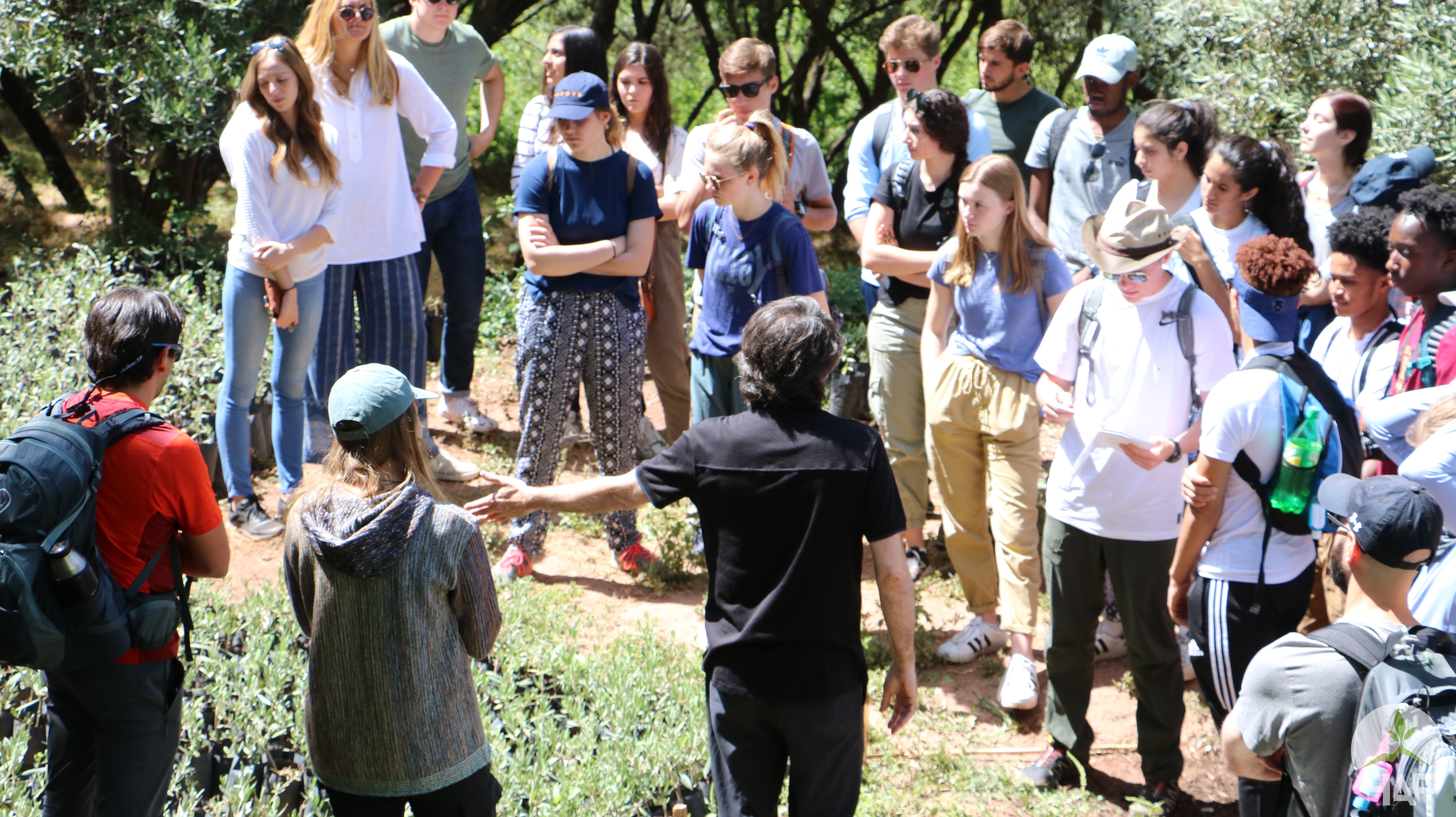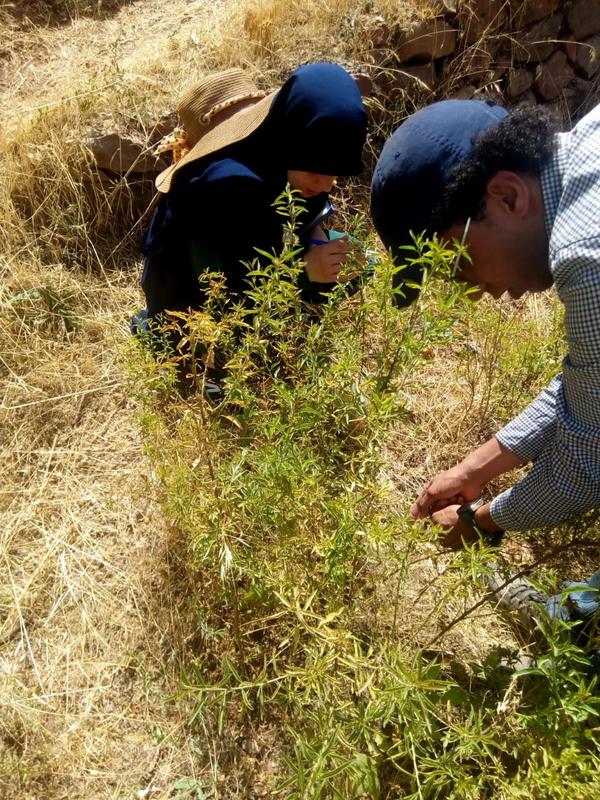By Alissa Brenn
HAF intern and graduate student at Zurich University of Applied Sciences
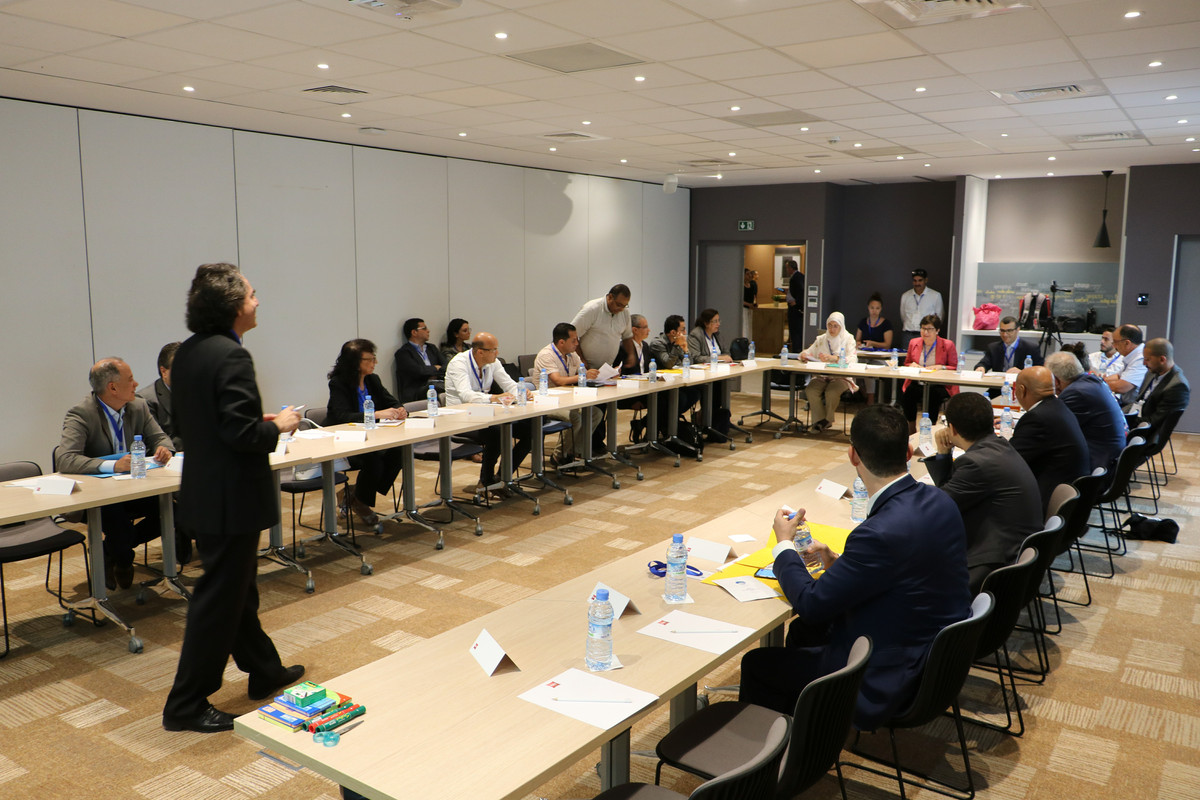
The Kingdom of Morocco has set high goals: According to the country’s energy strategy, 52% of its energy needs should be met through renewable means of energy production by 2030. However, the ultimate goal in the age of climate change is to reach the transition to 100% renewable energies. How do we get there? This is one of the questions that participants of the Steering Committee Conference on Renewable Energies and Decentralization in Rabat discussed during their meeting in July.
The African continent’s potential in terms of renewable energies is among the most promising in the world. At the same time, this potential remains largely untapped. The rising energy demand of the upcoming decades calls for solutions that make sustainable forms of energy production in Africa accessible and feasible. To this end, the High Atlas Foundation and Germanwatch have launched a project that aims at forming a multi-stakeholder partnership (MSP) for an African energy transition towards 100% renewables. As part of this project, the focus country—Morocco—acts as a leader to advance renewable energies through decentralization. Morocco has set in place a considerable number of green energy initiatives, including the world’s largest solar power plant. Knowledge and expertise within the country are thus among the most profound within the continent. However, the majority of Moroccan programs are designed on a large-scale basis. In order to further advance the Moroccan energy transition, an additional alternative approach becomes necessary: By decentralizing the process, the subject gains acceptance within Moroccan society as it becomes an opportunity for development and an economically, socially, and environmentally beneficial source for local communities.
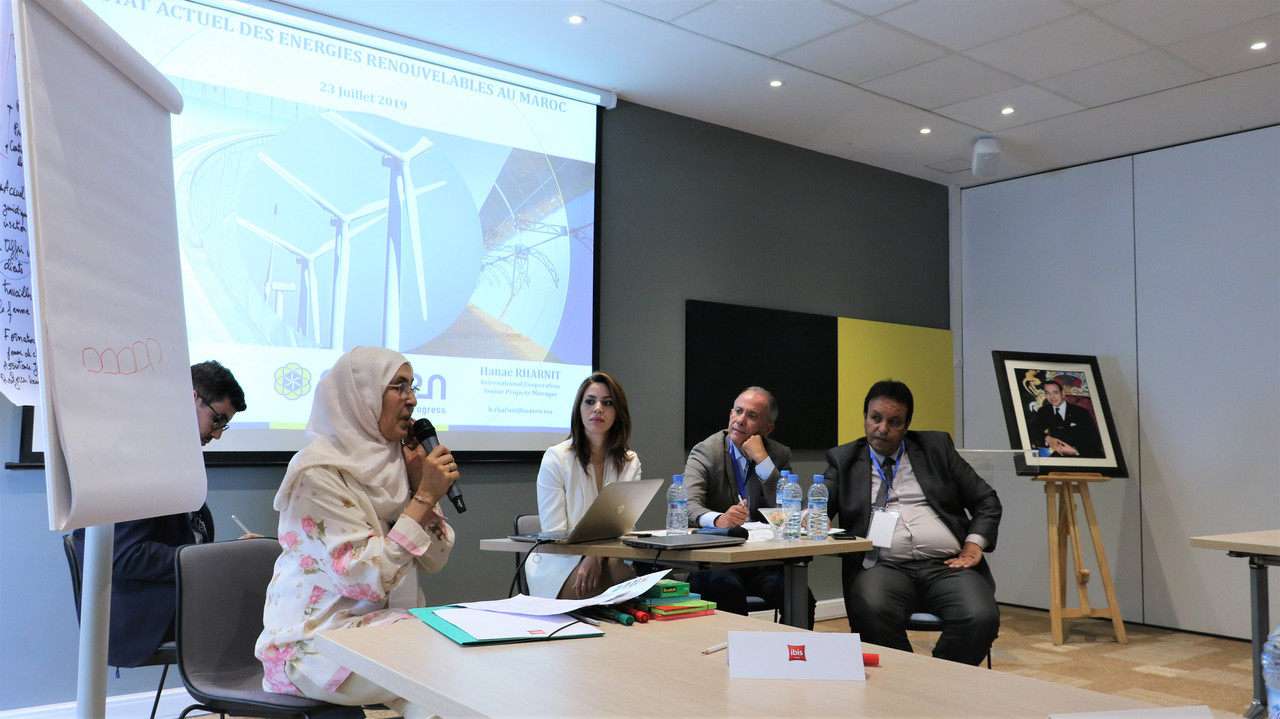
On July 23-24th, HAF and Germanwatch hosted a conference in Rabat, bringing together government officials, academics, civil society actors, and private sector representatives active in the field of renewable energies. Day 1 of the conference dealt with the current state of renewable energies and decentralization in Morocco and the link between the two. Participants engaged in panel discussions and had the chance to come together at a roundtable exploring ways to combine green energies and decentralization.
On the second day of the conference, the discussion focused on the role of the Steering Committee and possible actions that can be undertaken to further develop Morocco’s path towards green energies. The Steering Committee is a team of engaged and dedicated people, who carry momentum and drive the cause. They meet at various opportunities, exchange ideas, and receive inputs from interested and knowledgeable people. They are also able to make consensus decisions. In order to build a multi-stakeholder partnership for an African energy transition towards 100% renewables, stakeholders first need to raise the energy for change and dialogue through exploring the context, taking existing initiatives and the people involved into account. This requires understanding the external context, the factors that will influence the dialogue, and the dynamics of the complex system in which the Stakeholder Dialogue will take place. To this end, conference participants identified organisations, enterprises, institutions, and individuals from the private sector, the public sector, research/academia, and civil society, who are important stakeholders in the field of decentralisation and energy, and should be part of the steering committee.
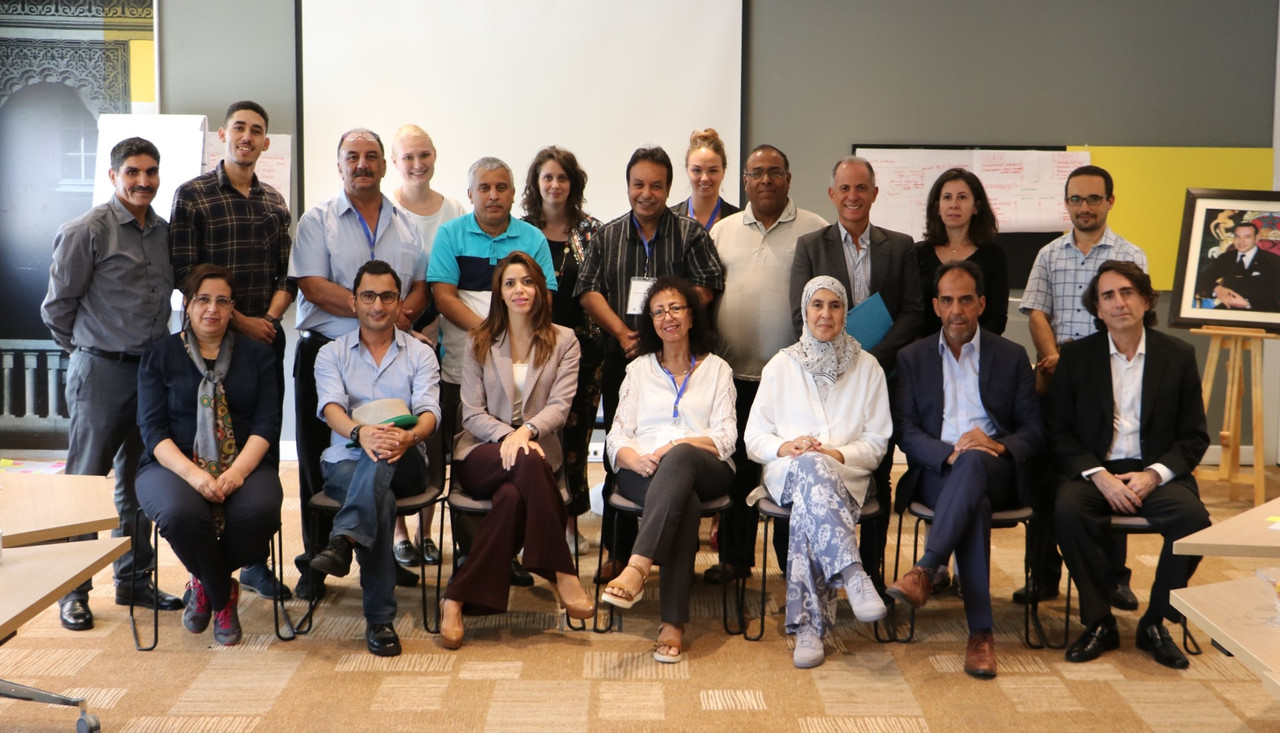
Different possible fields of action were established during these two days. The Steering Committee intends to form working groups in which these topics can be tackled:
1) Research, data, and status reports on green energy and decentralization
2) Awareness raising and inclusion of citizens in their country’s energy policy
3) African cooperation: exchange of best practices with other African countries
4) Lobbying on the Moroccan legislative/regulatory framework
5) Creation of synergies between the actors and municipalities.
The conference marked an important and successful kick-off for a project that aims at finding a decentralized approach to renewable energy in Morocco. It brought together important stakeholders from various backgrounds who commit to collaborate in tackling the challenges related to green energy and decentralization.
Give to this project.
